All posts in Legal Empowerment
-
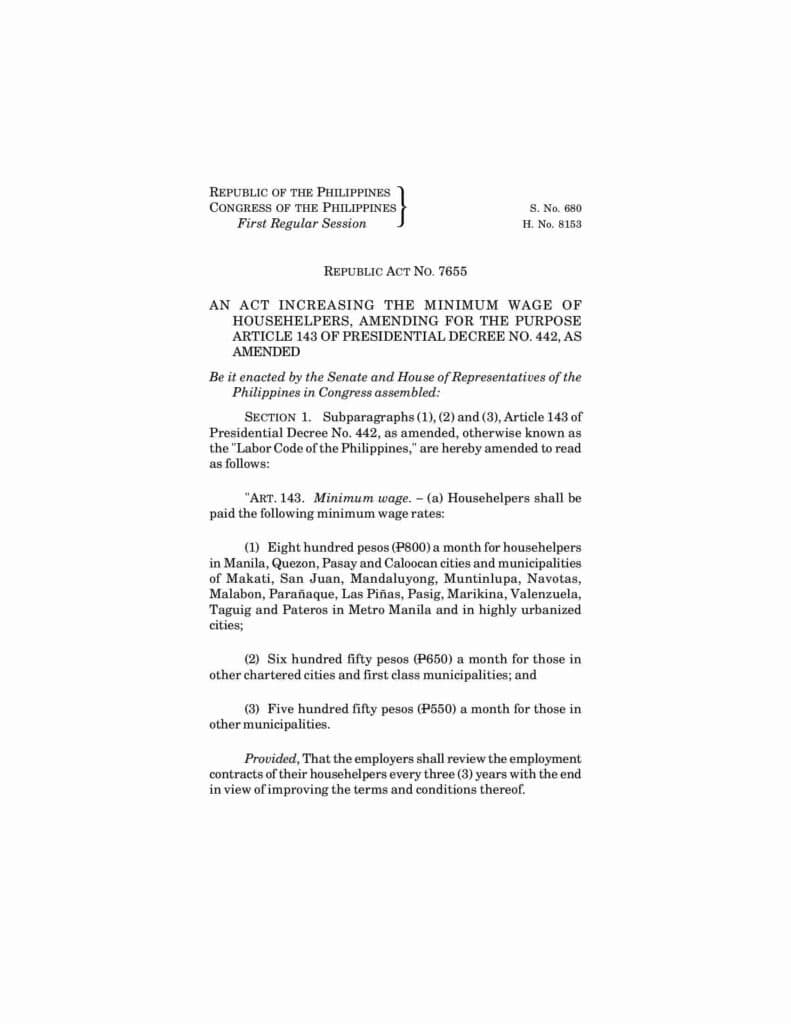 Legal Instruments
Legal Instruments
An Act Increasing the Minimum Wage of Househelpers
This Act amends the the minimum wage of househelpers by increasing what it was previously.
Read More -
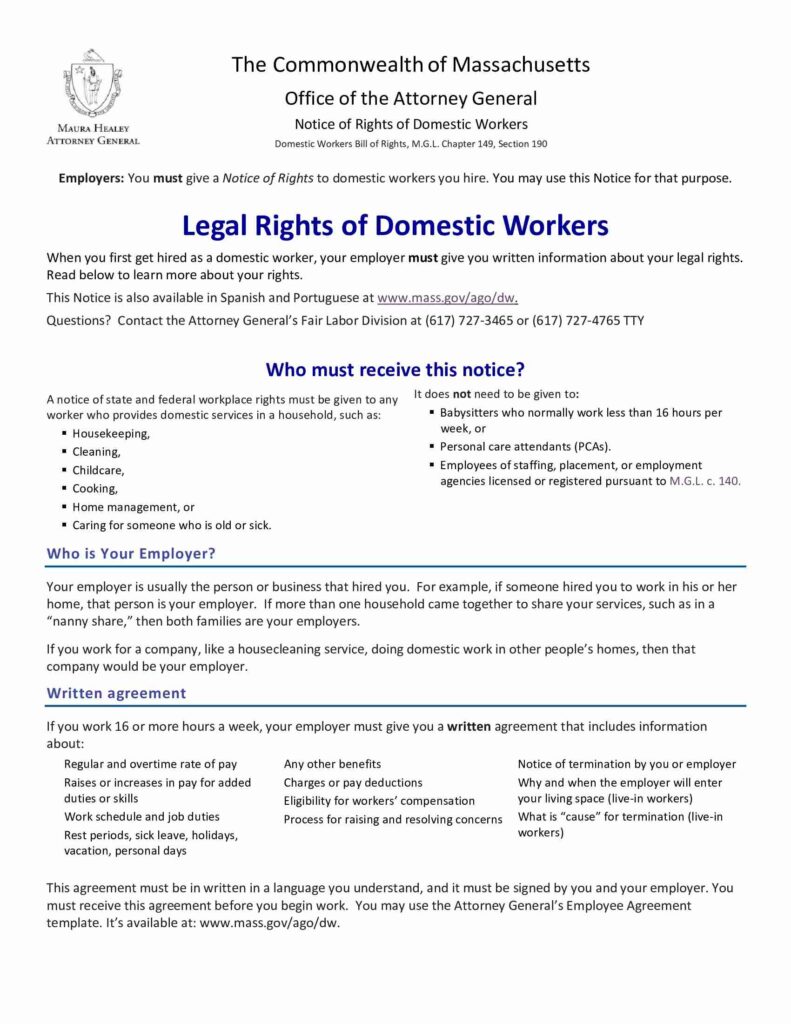 Legal Instruments
Legal Instruments
Massachusetts Domestic Workers Bill of Rights
Webpage for the Domestic Workers’ Bill of Rights in the state of Massachusetts, with links to multilingual resource pages.
Read More -
 Legal Instruments
Legal Instruments
Sidney Street Vending Policy, 2005
This document outlines the policy and procedures for street vending in the town of Sidney.
Read More -
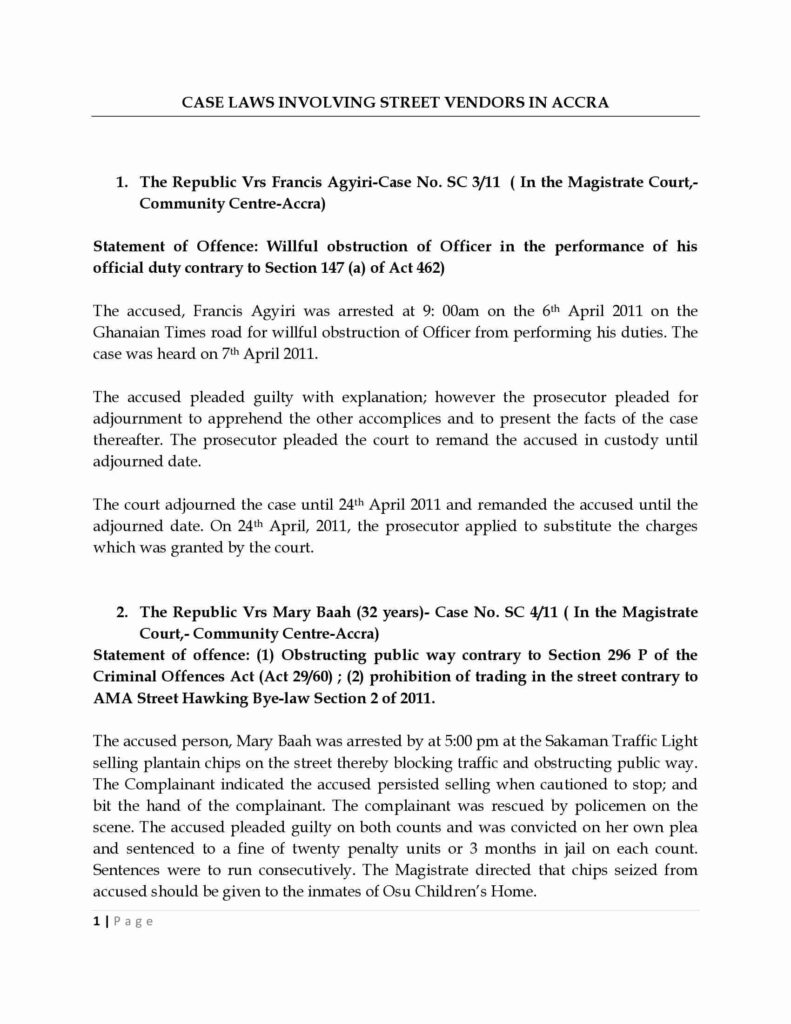 Legal Instruments
Legal Instruments
Ghana Case Law on Street Vending in Accra, Ghana
Summary of key court cases impacting street vendors in Accra, Ghana
Read More -
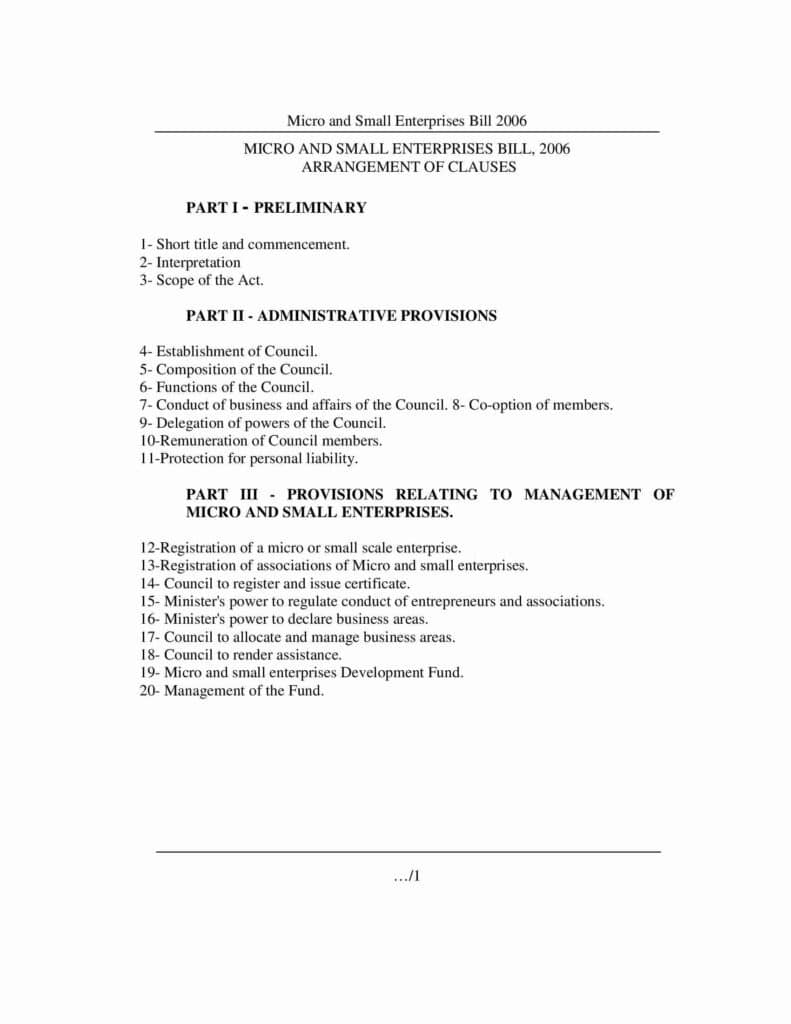 Legal Instruments
Legal Instruments
Micro and Small Enterprises Act, 2006
An Act of Parliament to make provision for, the establishment of a council that will facilitate the development of Micro and Small Enterprises ...
Read More -
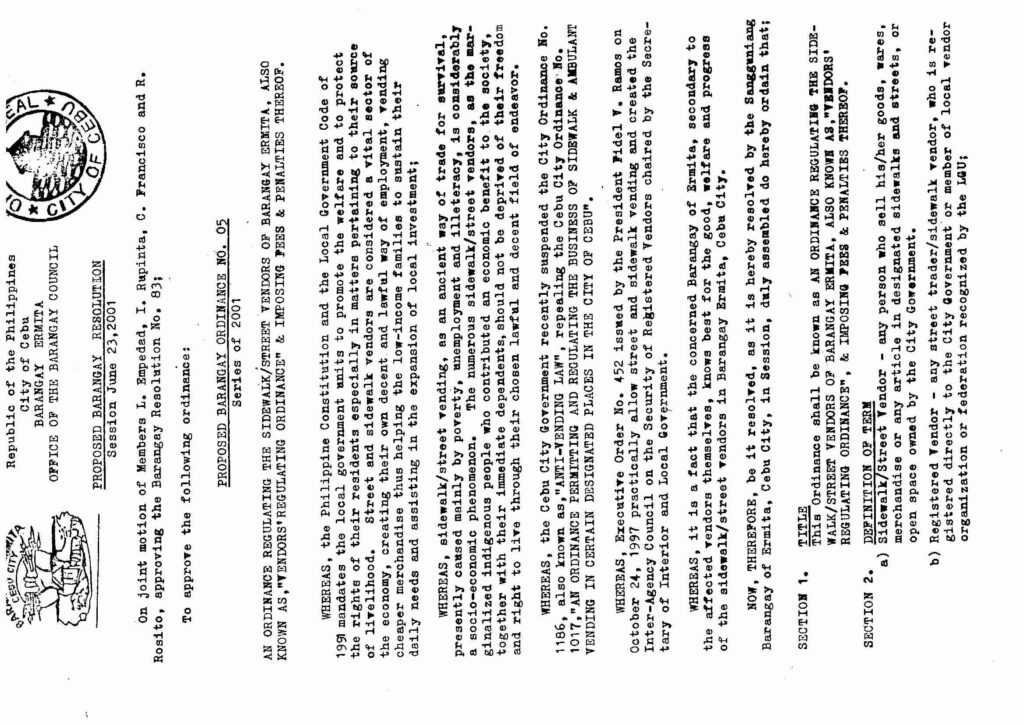 Legal Instruments
Legal Instruments
Ordinance Regulating the Sidewalk Street Vendors of Barangay Ermita in the City of Cebu, 2001
Ordinance Regulating the Sidewalk Street Vendors of Barangay Ermita in the City of Cebu, 2001
Read More -
 Legal Instruments
Legal Instruments
City of Pietermaritzburg Street Trading By-Laws
This document outlines the by-laws for street trading in the City of Pietermaritzburg.
Read More -
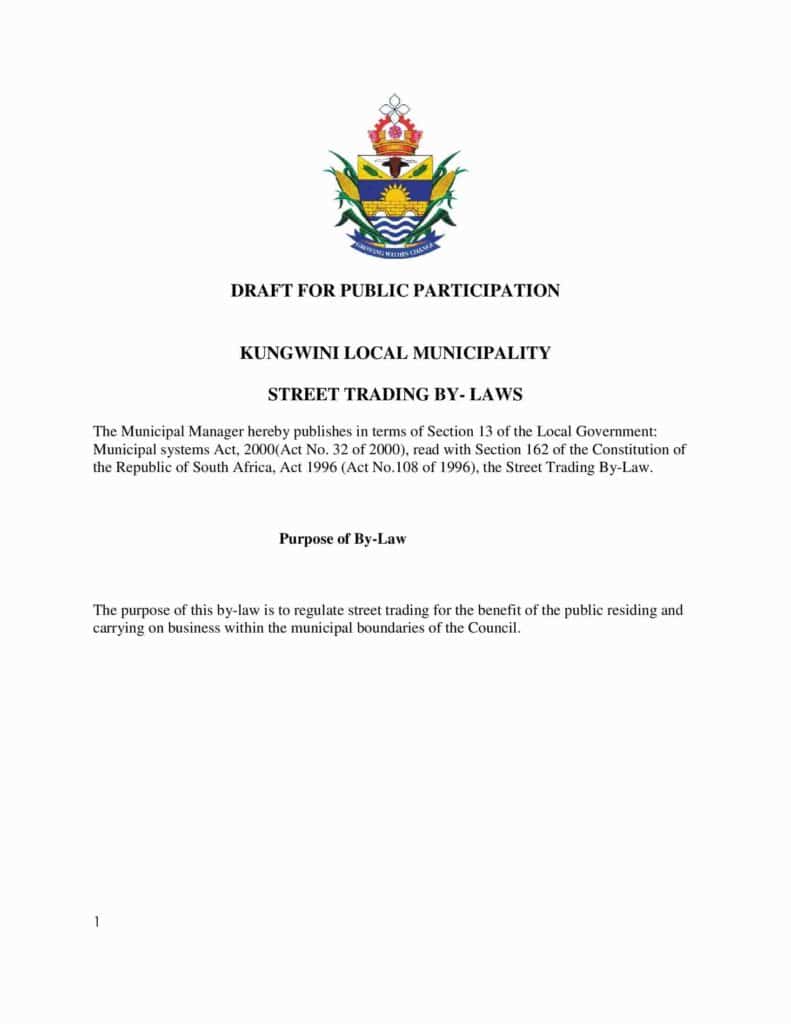 Legal Instruments
Legal Instruments
Kungwini Local Municipality Draft Street Trading By-Law
The purpose of this by-law is to regulate street trading for the benefit of the public residing and carrying on business within the municipal...
Read More -
 Legal Instruments
Legal Instruments
Nelson Mandela Bay FIFA World Cup, South Africa By-laws, 2010
This document contains the by-laws adopted by the Nelson Mandela Bay Metropolitan Municipality for the 2010 FIFA World Cup.
Read More -
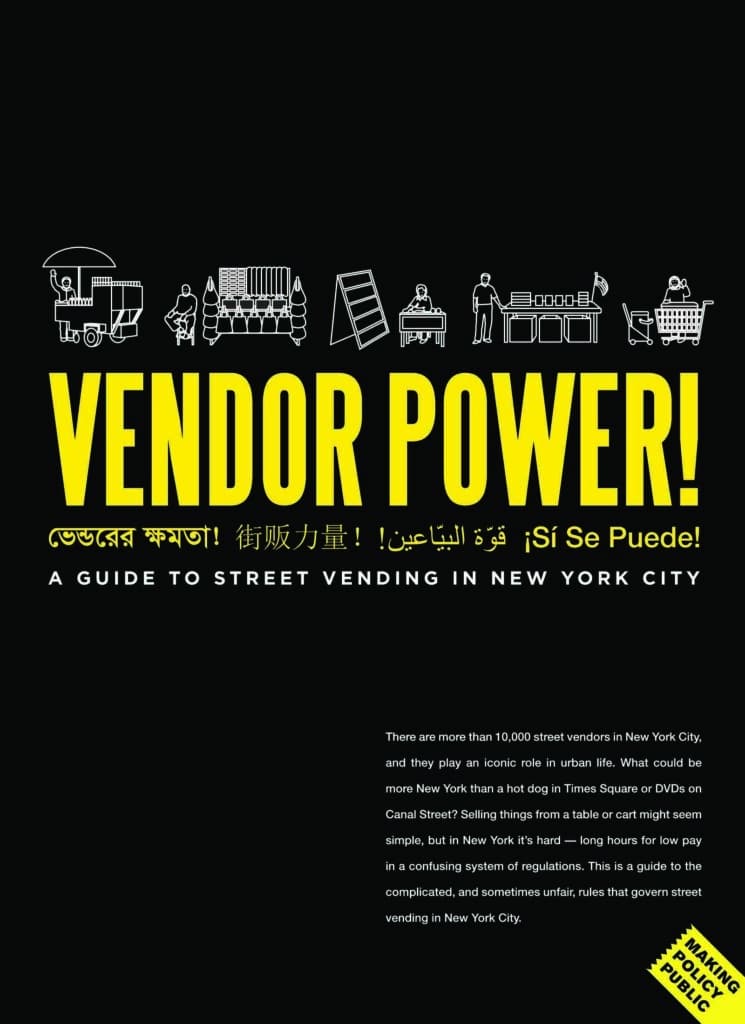 Legal Instruments
Legal Instruments
A Guide to Street Vending in New York City
This poster is a guide that outlines the complicated and sometimes unfair rules that govern street vending in New York City.
Read More